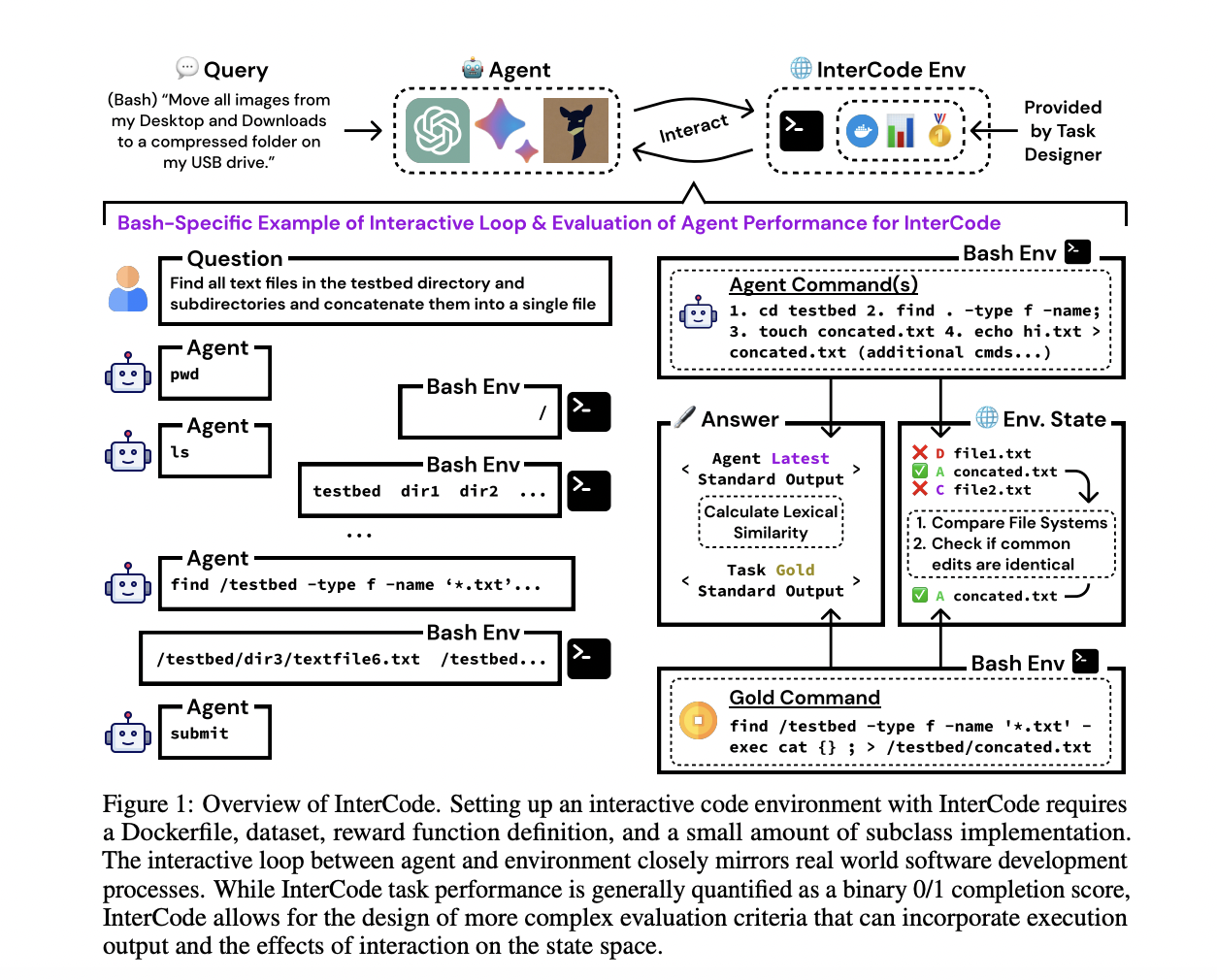ChatGPT, the latest chatbot developed by OpenAI, has been in the headlines ever since its release. This GPT transformer architecture-based model imitates humans by answering questions accurately just like a human, generates content for blogs, social media, research, etc., translates languages, summarizes long textual paragraphs while retaining the important key points, and even generates code samples. Large Language Models like GPT, BERT, PaLM, and LLaMa have successfully contributed to the advancement in the field of Artificial Intelligence. These deep learning models have effectively used the potential of Natural Language Processing and Natural Language Understanding.
In recent times, the development of models that can automatically produce code from natural language specifications has gained popularity. Though these models have demonstrated impressive performance on static benchmarks due to the extensive pre-training over thousands of codebases, there are also certain limitations, such as typos, gaps between the process of creating the code and its execution, limited human involvement, and so on.
To address these challenges, researchers from the Department of Computer Science at Princeton University have proposed a lightweight and flexible framework called InterCode that facilitates interactive coding as a standard reinforcement learning (RL) environment. In InterCode, code is treated as actions, and execution feedback is considered as observations. This RL-based method makes coding more iterative and can be used with many programming languages and environments because it is made to be language and platform-independent.
InterCode also uses independent Docker environments to guarantee safe and repeatable execution. It has been designed to be compatible with conventional sequence-to-sequence (seq2seq) coding techniques, making it simple to adopt and incorporate current methods. It can easily enable the development of new approaches specifically tailored for interactive code generation.
For evaluation, the team has constructed two interactive code environments using Bash and SQL as the action spaces to illustrate the utility of InterCode. They have trained and assessed some great Language Models that are equipped with various prompting tactics, such as ReAct and Plan & Solve, using data from the static Spider and NL2Bash datasets. The InterCode experiments demonstrated the advantages of interactive code production while emphasizing its potential as a difficult benchmark for improving code understanding and generating capabilities.
The team has summarized the key contributions as follows –
- InterCode, a new and universal framework for interactive code generation, has been introduced, which provides ease of use, extensibility, and safety. It is user-friendly and accessible, allowing researchers to utilize it in their experiments easily.
- Some incredible state-of-the-art models have been accessed and evaluated using InterCode, and a number of potential enhancements have been pointed out.
- The InterCode benchmark serves as a standardized evaluation platform for interactive code generation tasks, and it allows researchers to compare the performance of different models using a common framework. It transforms any fresh datasets of static code into interactive activities.
In conclusion, InterCode is a promising approach and a great addition to the developments in the field of Artificial Intelligence. It greatly advances interactive code generation, thus providing a standardized evaluation platform and encouraging further research and development in this area.
Check out the Paper, Code, and Project. Don’t forget to join our 25k+ ML SubReddit, Discord Channel, and Email Newsletter, where we share the latest AI research news, cool AI projects, and more. If you have any questions regarding the above article or if we missed anything, feel free to email us at Asif@marktechpost.com
🚀 Check Out 100’s AI Tools in AI Tools Club
Tanya Malhotra is a final year undergrad from the University of Petroleum & Energy Studies, Dehradun, pursuing BTech in Computer Science Engineering with a specialization in Artificial Intelligence and Machine Learning.
She is a Data Science enthusiast with good analytical and critical thinking, along with an ardent interest in acquiring new skills, leading groups, and managing work in an organized manner.









